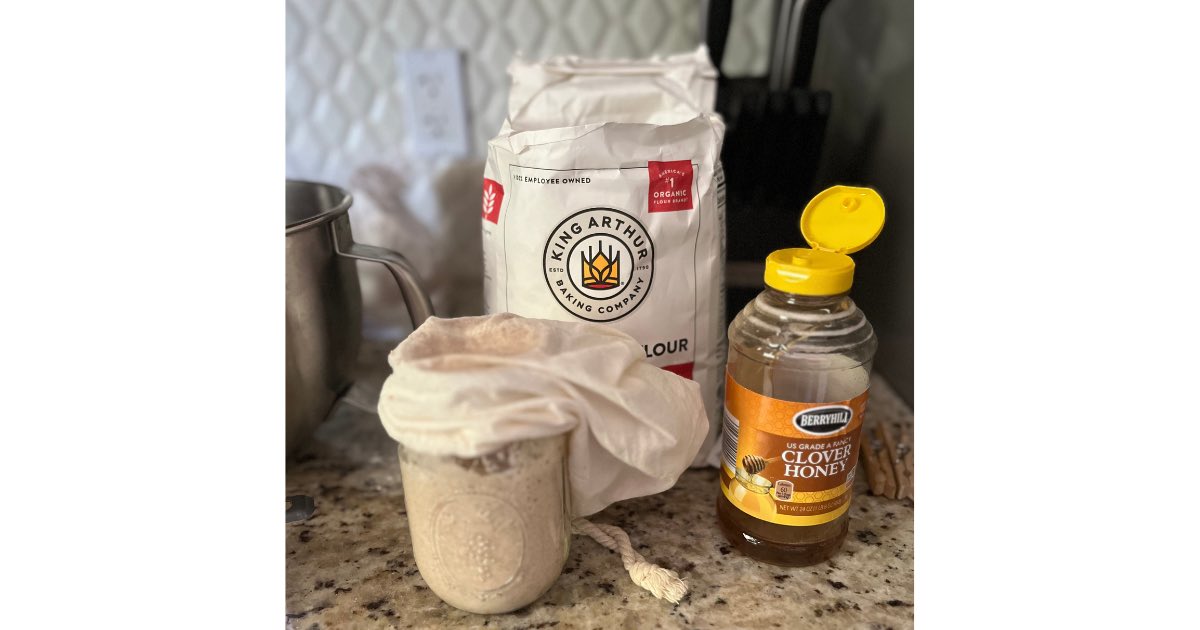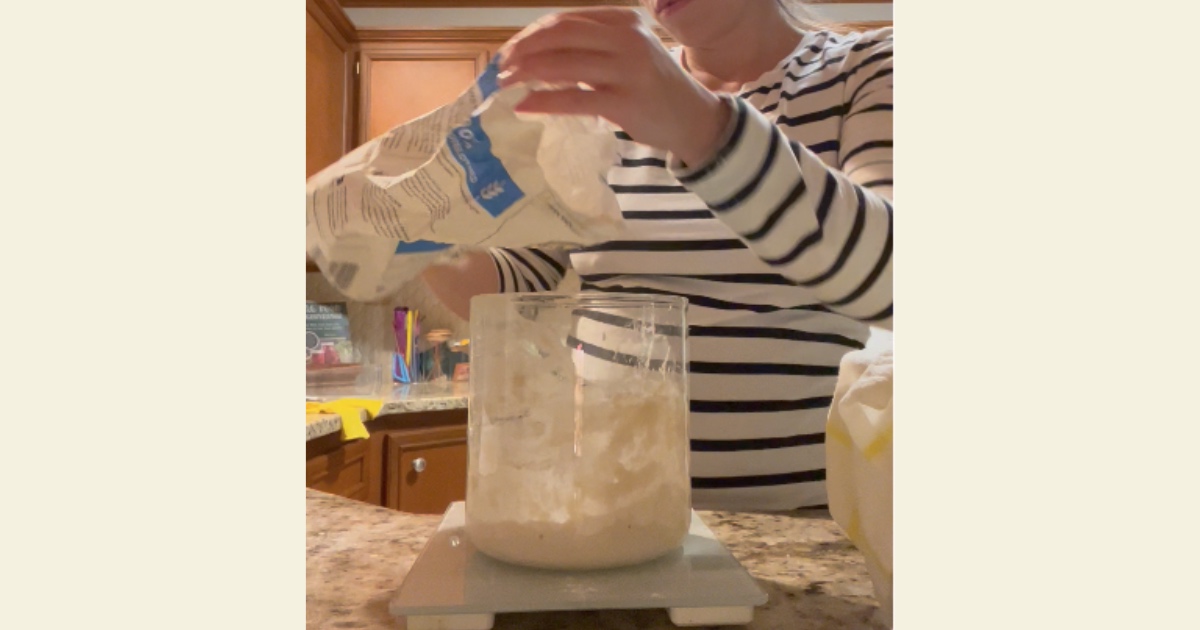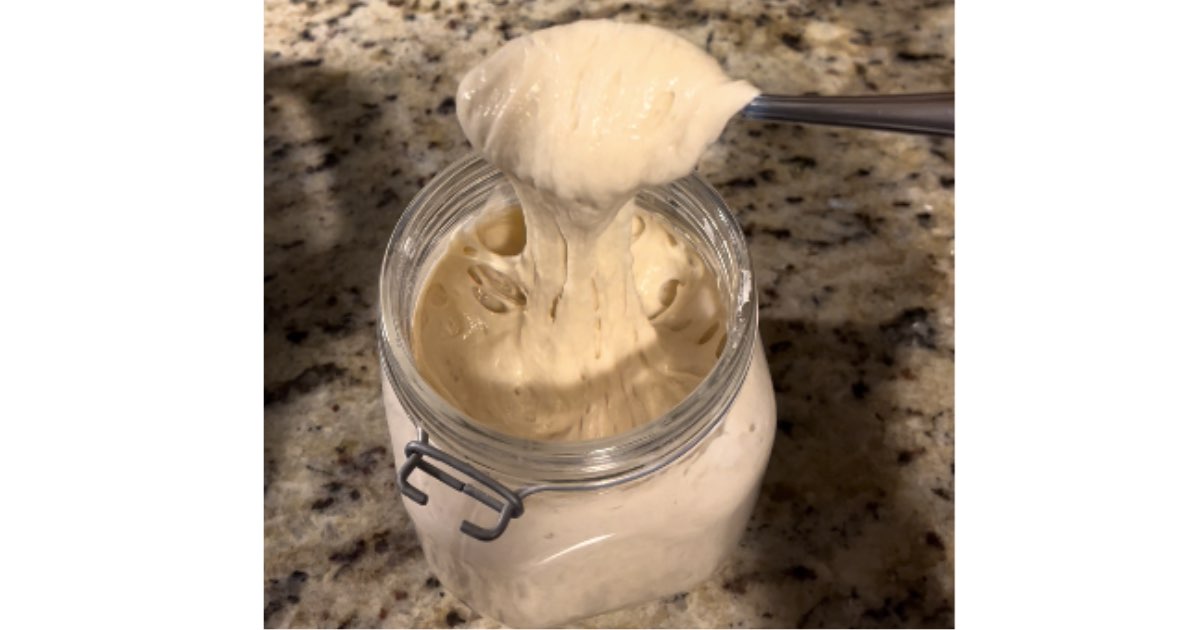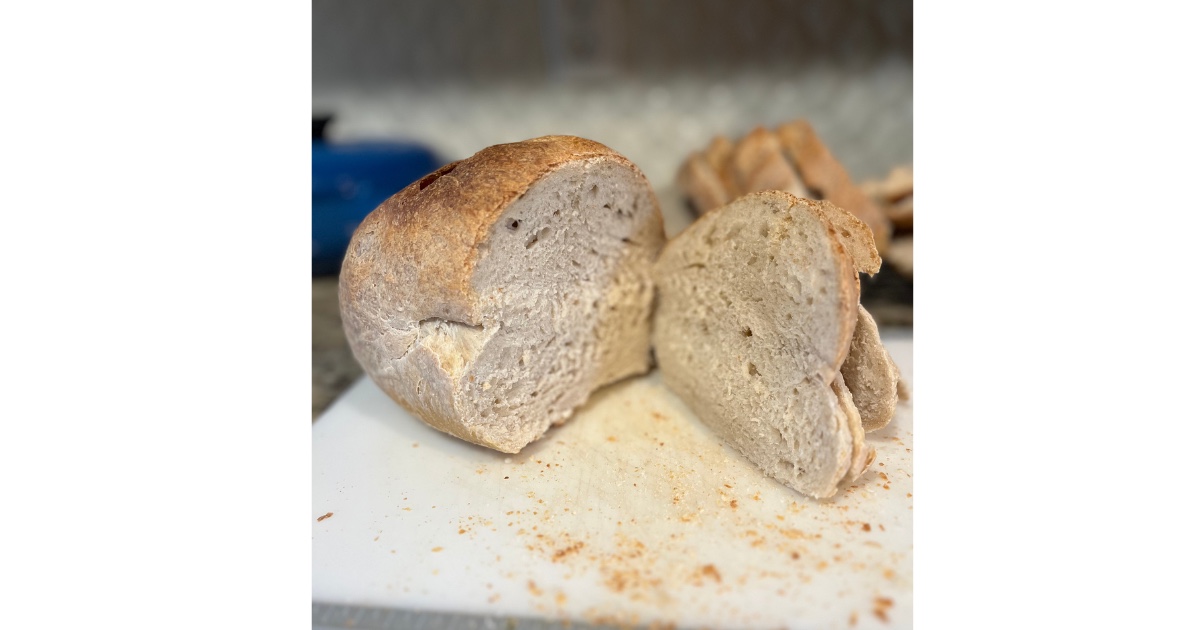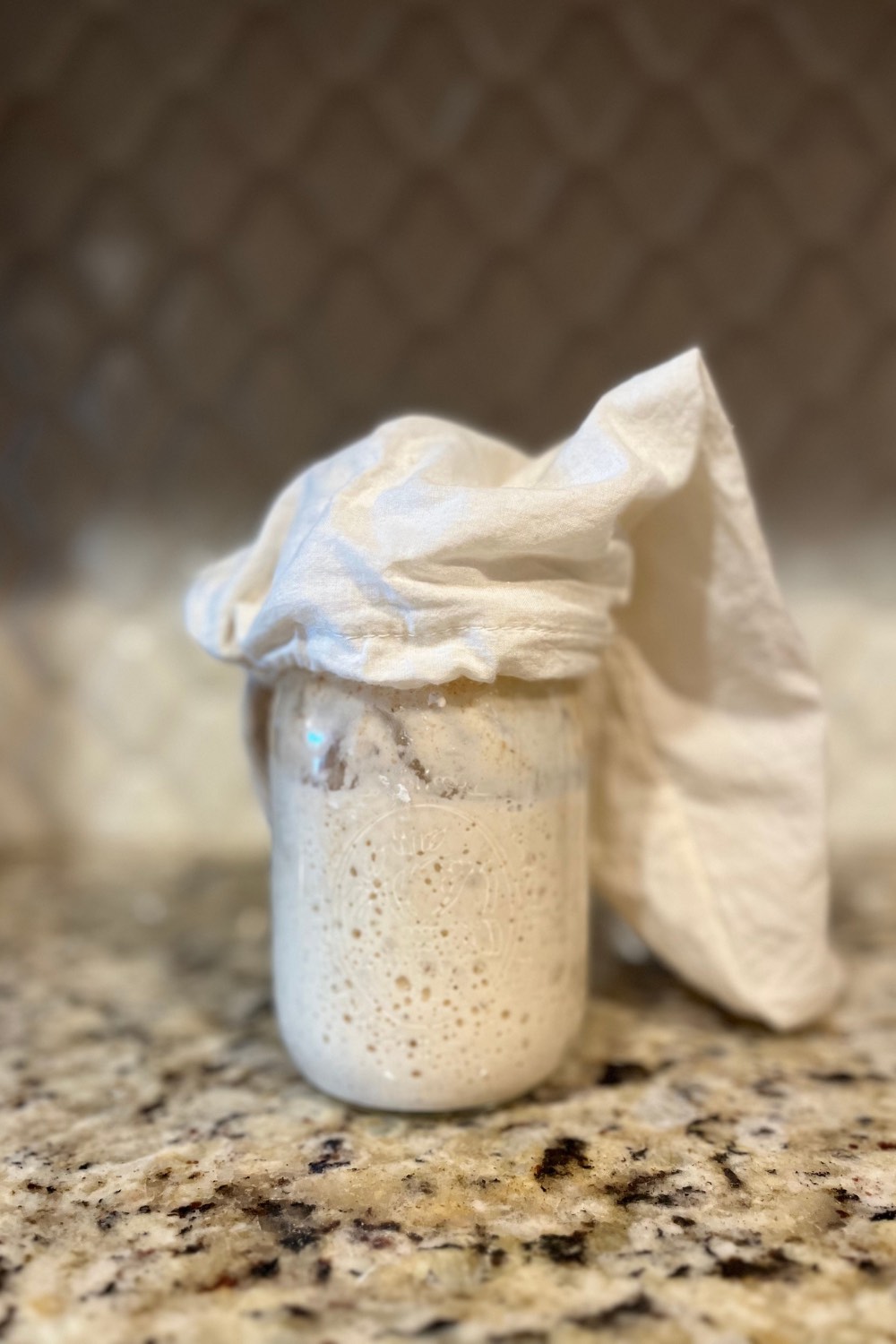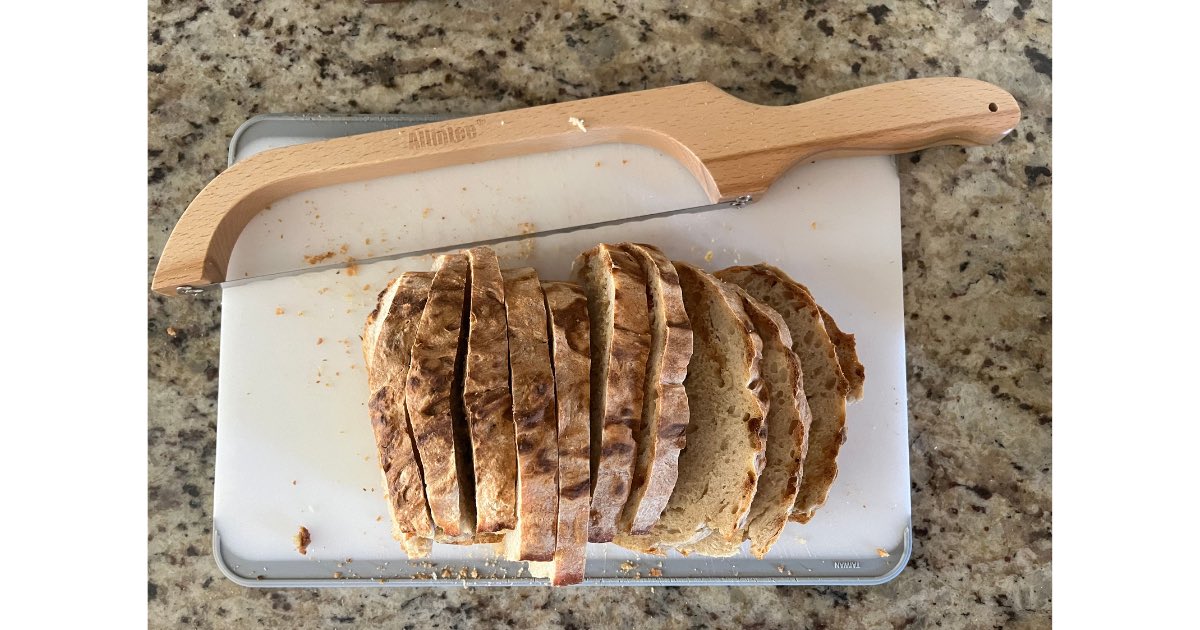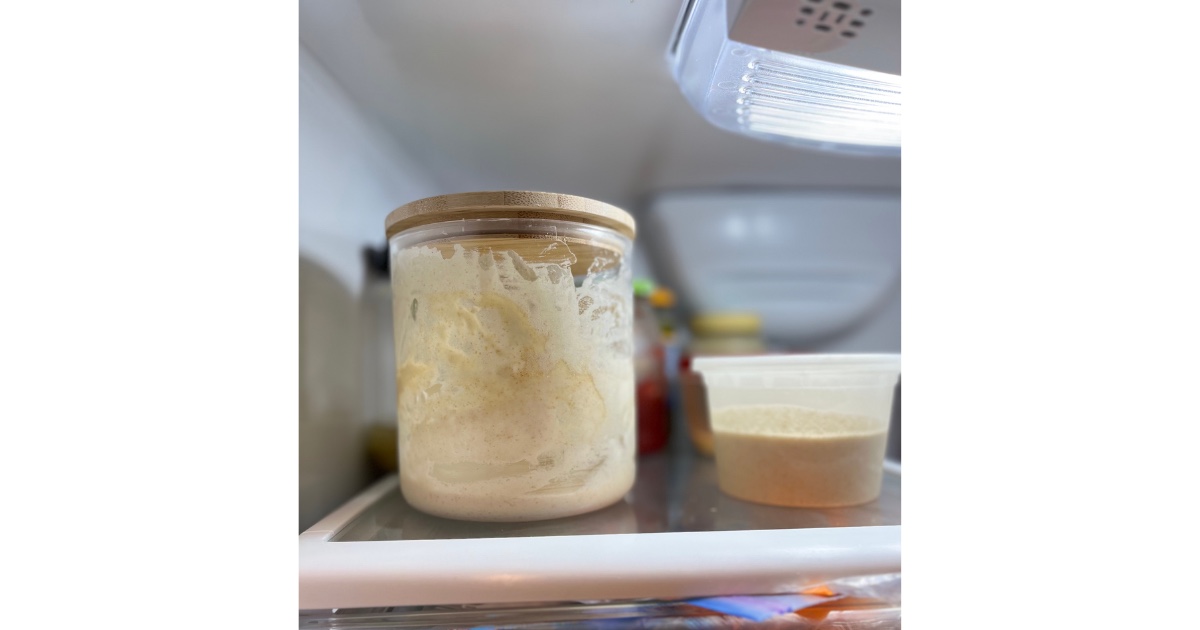If you are wondering should “I add honey to sourdough starter”? We will explore the science of honey in sourdough starter, plus the positives and negatives associated with it. After all, this addition can either make or break a sourdough starter.

A hot topic is adding honey to sourdough starter. Some people claim it is the only way their sourdough starter grew. Others feel it killed beneficial bacteria and made their starter reliant on a mix of flour, water, natural wild yeast and the addition of honey.
So what is the consensus?
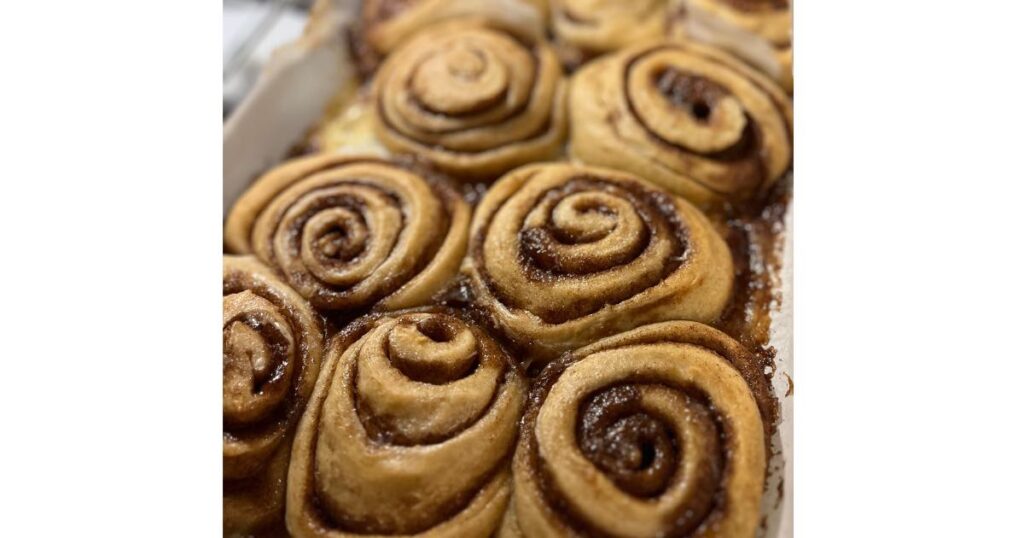
Science of adding honey to a sourdough starter
It is important to step back and remember what happens when we feed a sourdough starter. Sourdough starter traditionally is fed with flour, a source of carbs.
When fed, the sourdough starter rises. The wild yeast feeds on the flour, making it grow in size and provide carbon dioxide as an off gas.
Flour and honey are both carbohydrates / sugar. The chains which make up flour are longer than honey.
For this reason, it takes bacteria longer to break down flour than it does honey. Because of this, a sourdough starter fed with honey as opposed to only white flour, will rise and fall faster. This is because the sugars are readily available for the hungry starter to consume.
With a consistent feeding schedule, it can be easy to see track how fast a sourdough starter reaches the peak. You can track the peak of sourdough through signs of proofing, the rubber band test and the float test.
This fast rise time (thanks to the honey) reminds me of feeding a sourdough starter with whole wheat flour. The starter rises faster with whole wheat flour than with all purpose flour.
Any time you add a different flour (whole wheat flour, bread flour, rye flour, whole grains) or alternate food source to a sourdough starter, it provides an additional food source for the wild yeast. Like flour, raw honey, sugar or even maple syrup, give the bacteria something else to feed on.
When combined together flour (a complex sugar) and honey, (a simple sugar), a sourdough starter has more food (carbohydrates) to eat, causing it to rise faster.
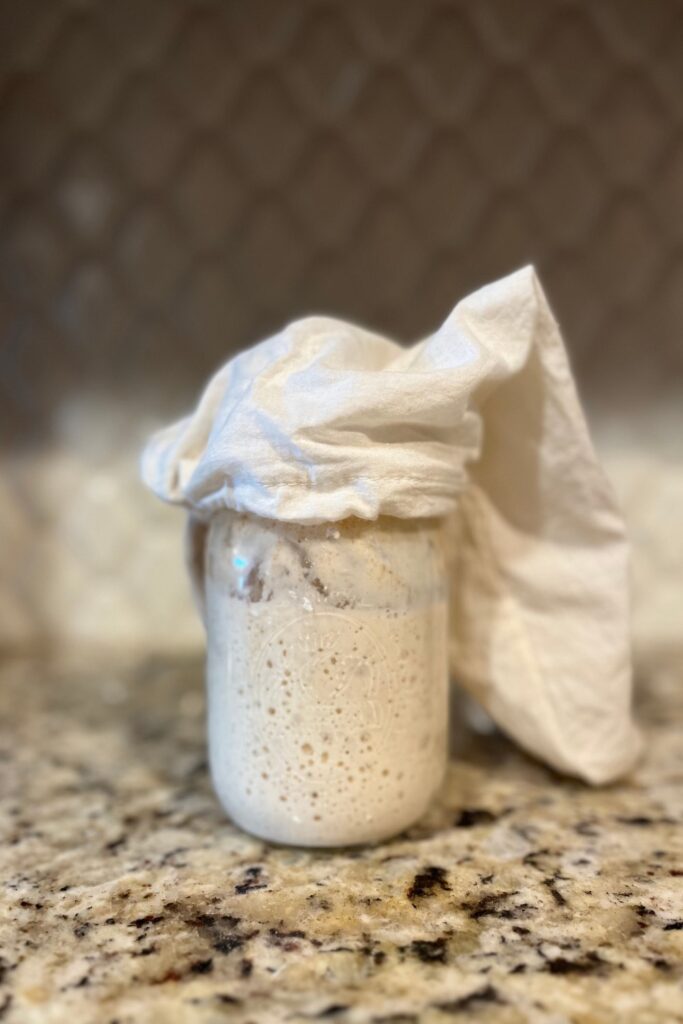
Benefits of adding honey to sourdough starter
It is important to consider benefits including flavor profile, acidity level and starter rise speed.
- The enzymes in honey help to break down simple sugars (and gluten), supercharging a sourdough loaf. This can make it easier to digest
- It changes the flavor profile of the sourdough starter (becomes sweeter)
- This also reduces the acidity within the starter (IE less tangy flavor)
- A sweet starter can lead to recipes like sourdough cinnamon rolls, Panetonne, and Pandoro
- Honey is filled with antioxidants, natural sugars and microbes. These all are added into the sourdough starter as a result. We can not get enough of the health benefits of sourdough!
- Provides an additional source of food for the yeast to feed on (potential for quicker rise)
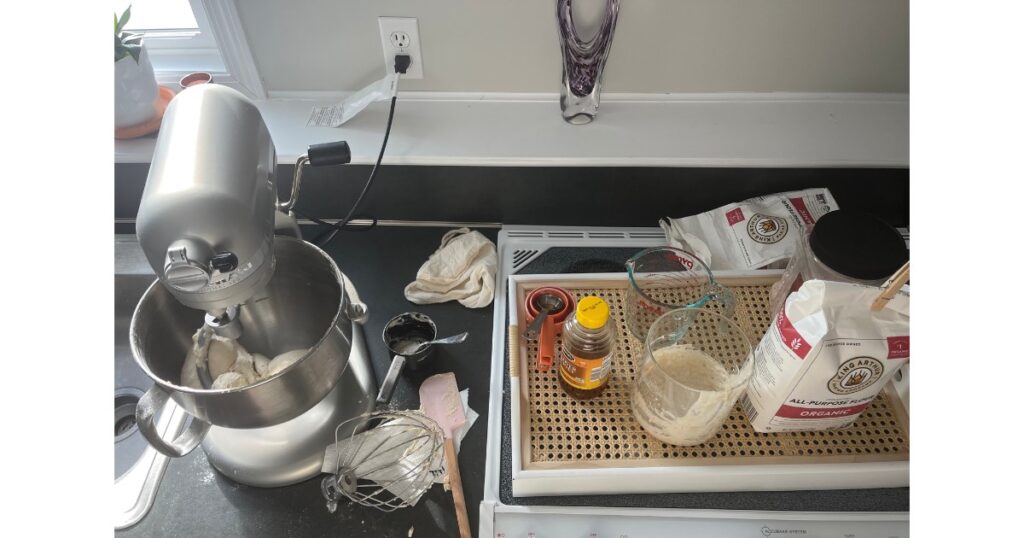
Negatives of adding honey to sourdough starter
There are a few negative factors to consider including maturity rate, feeding schedule and peak time.
- The sourdough starter may enjoy the extra carbohydrates. It may need to be fed honey in combination with flour (and water) in the future. This creates an additional cost to budget for.
- When we teach you how to begin a sourdough starter from scratch, the process takes about 7-10 days. The addition of honey will make activity show faster. This means signs of fermentation can show on day one as opposed to day three.
- However, it is important to know even though the sourdough starter shows activity quicker, it is not maturing faster. The speed at which sourdough starter can be used within a recipe is not any faster than feeding with flour and water only.
- One of the easiest ways to increase the speed of the rise of a starter is to feed it with another carbohydrate source. This will change the rate at which a starter peaks at.
- When you feed starter honey, it can make the starter rise faster. This is because it is a different carbohydrate source than a traditional sourdough starter with flour and water. Keep this in mind with your baking timeline and the bulk ferment.
- Whole grain flour can cause a similar impact and increasing the speed of the fermentation process.

Frequently Asked Questions
In the end, people who add honey to sourdough starter are looking for a positive end result. They want their sourdough starter to rise and mature, often quickly. And after a starter is ready to use, they will want to make a baked good, like a sourdough bread recipe.
Have you fed your sourdough starter honey before? We have only used honey in a recipe, like sourdough cinnamon rolls. Let us know your thoughts in the comments below.


